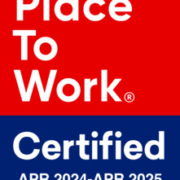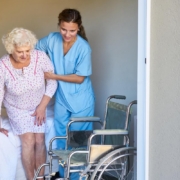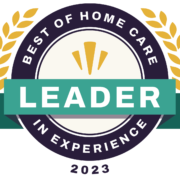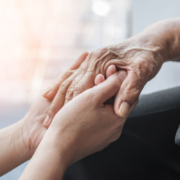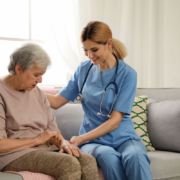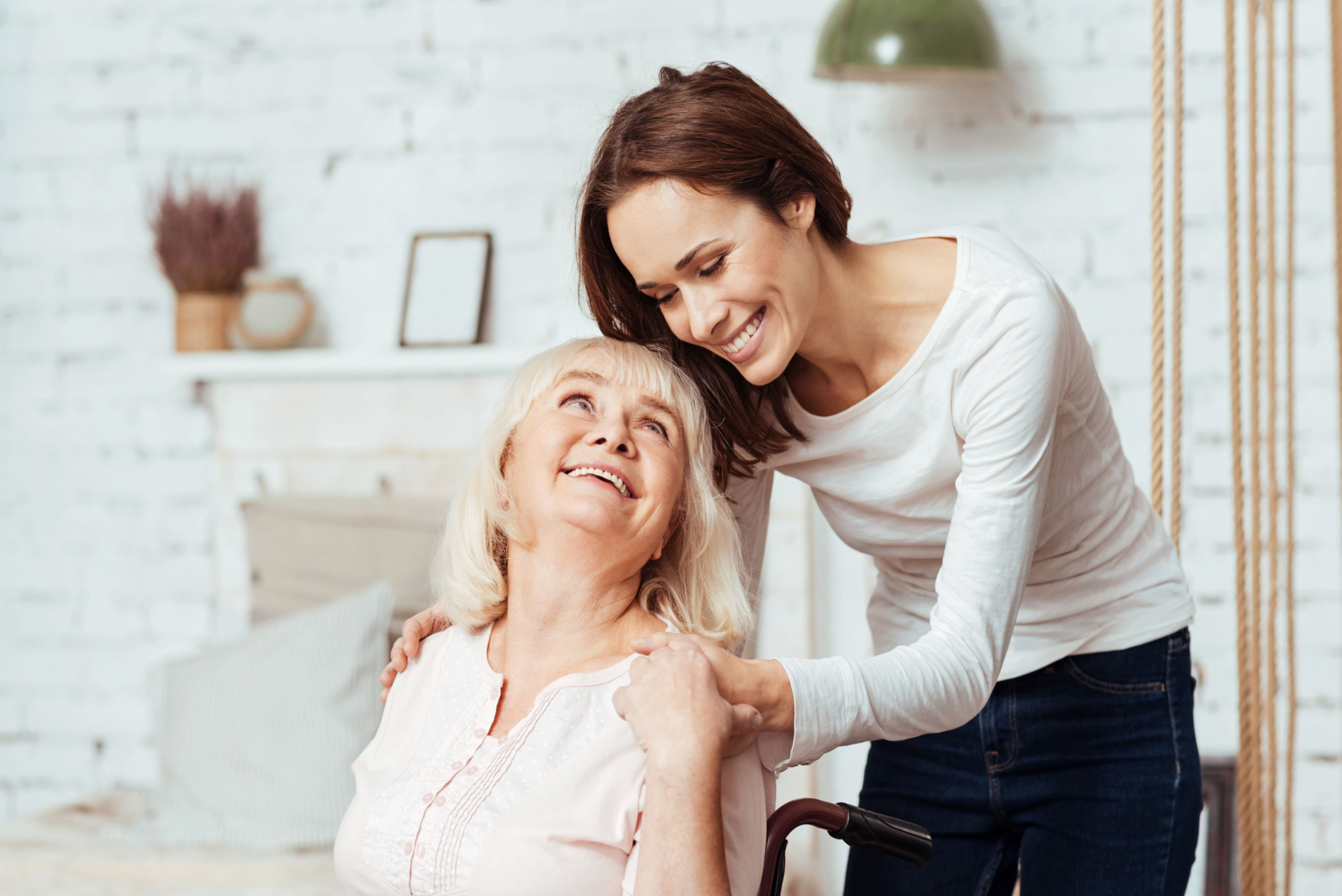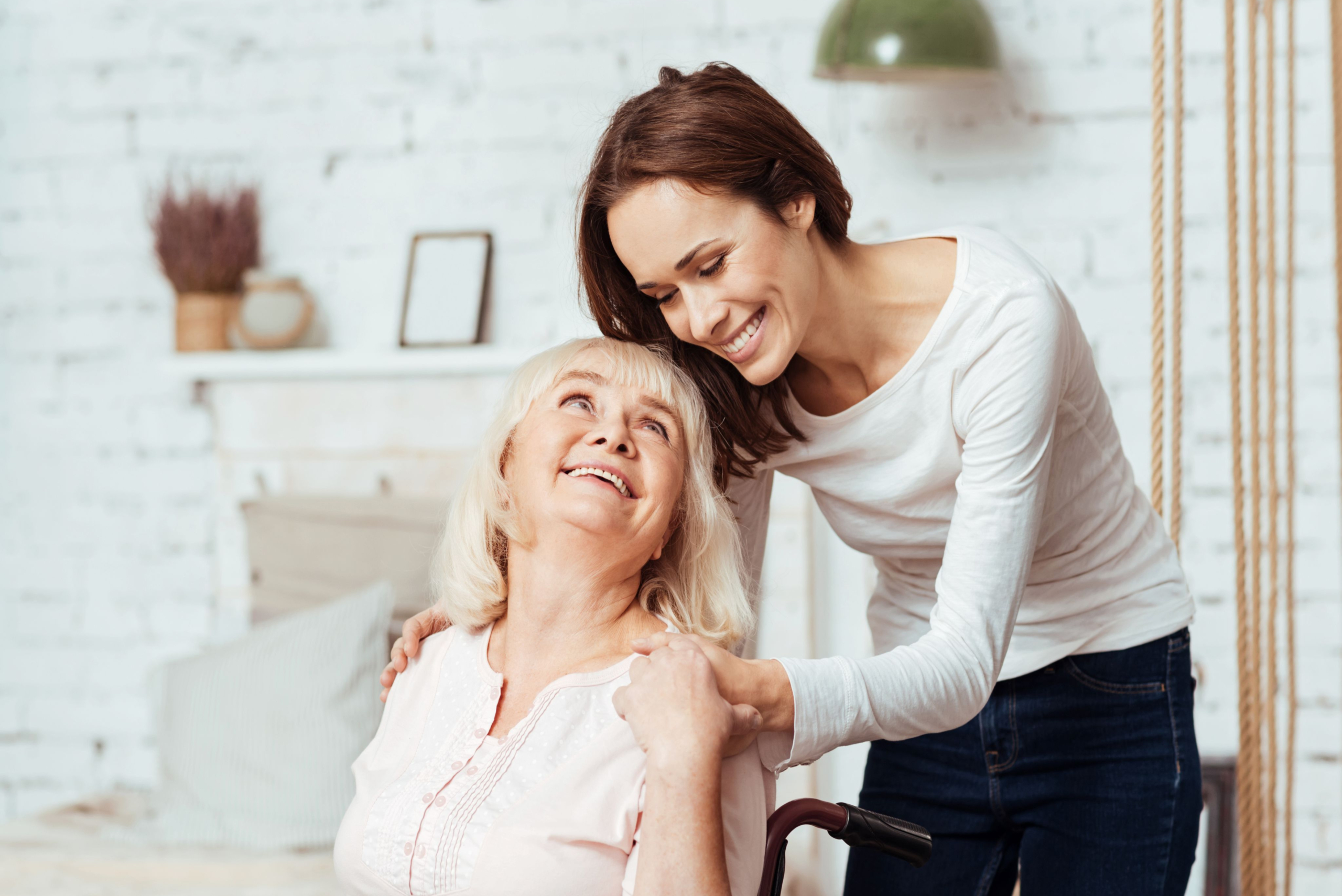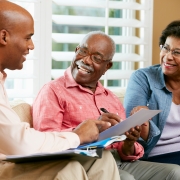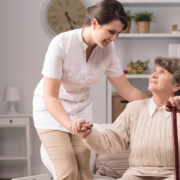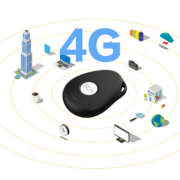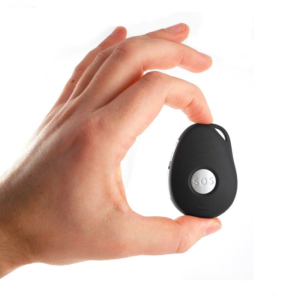River Oaks Home Care Certified as a Great Place to Work®
22nd April, 2024
Norristown, PA – Great Place to Work Institute and its senior care partner Activated Insights have honored River Oaks Home Care with certification as a Great Place to Work. The certification process involved surveying 100% of employees and evaluating more than 60 elements of team members’ experience on the job. These included employee pride in the organization’s community impact, belief that their work makes a difference, and feeling their work has special meaning. Rankings are based on employees’ experiences, no matter who they are or what they do.
Our team members are the backbone of the company, and we deeply care about the well-being of our Employees. We are proud to be recognized for being a great place to work. Our rich history of diversity, hard work, and passion for seeing seniors continue to experience the richness of life make us who we are.
“We applaud River Oaks Home Care for seeking certification and publicly sharing its employees’ feedback,” said Dr. Jacquelyn Kung of Great Place to Work’s senior care partner Activated Insights. “These ratings measure its capacity to earn its own employees’ trust and create a great workplace for high performance.”
About River Oaks Home Care:
River Oaks Homecare was founded in 2016 and is committed to helping Seniors continue to experience the richness of life. We provide high-quality, client-centered Home Care Services, allowing seniors to live healthily and with dignity in their chosen residence and the community.
River Oaks Home Care is a Best of Homecare “Provider of Choice,” “Employer of Choice” and also “Leader in Experience.”
About Activated Insights and Great Place to Work
Activated Insights is the senior care affiliate of Great Place to Work, the global authority on high-trust, high-performance workplace cultures. Through its aging services certification program, Activated Insights helps Great Place to Work recognize outstanding workplace cultures in the aging services industry and produce the annual Fortune “Best Workplaces for Aging Services™” as well as other Great Place to Work Best Workplaces lists for Millennials, Women, Diversity, Small & Medium Companies, and various regions. Through its employee engagement platform, Activated Insights helps clients create great workplaces that outpace peers on key business metrics like revenue growth, profitability, and retention.
Learn more at ActivatedInsights.com and on LinkedIn, Twitter, Facebook and Instagram.

